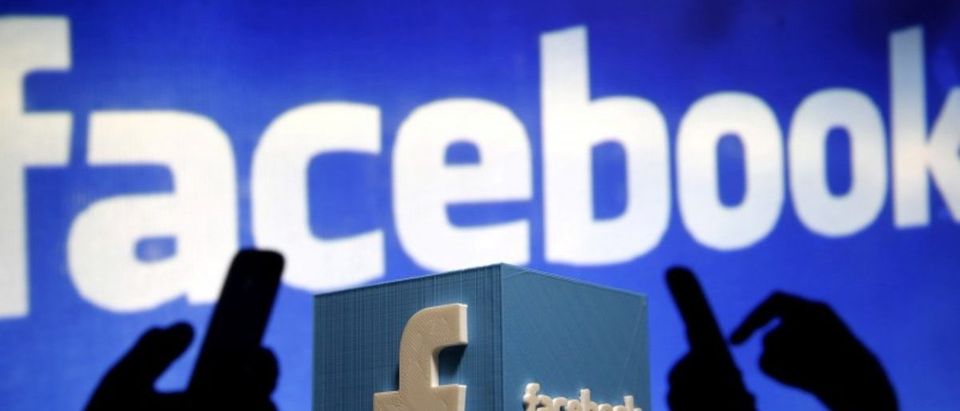Earlier this month, Facebook provided Congress with copies of 3,000 Russian-bought online ads as part of an investigation into Russian involvement in the 2016 election. Company officials are expected to testify before the Senate Intelligence Committee in November, much to the delight of those who just can’t accept Hillary Clinton lost.
Still reeling from Clinton’s drubbing by President Trump, Democrats have found their scapegoat: “Russian interference.” Sen. Mark Warner (D-VA) warns against political ads “that would drive interest toward stories and groups” to “sow chaos and drive division in our country.” Apparently, $10,000 worth of Facebook ads undid the billion-dollar Clinton machine.
The Russia investigation has reeked of sour grapes for months. Nearly one year later, there is still no discernible link between possible Russian meddling and the final outcome of the election, when President Trump won nearly 63 million votes and carried states like Ohio, Pennsylvania, and Wisconsin to victory.
Would Democrats even care about Russia if Clinton had won? Of course not. They certainly didn’t care about the multimillion-dollar gift the Clinton Foundation received before she sold U.S. uranium to Russia as Secretary of State. Of course, this same party ridiculed Mitt Romney for claiming Russia was our “number one geopolitical foe” back in 2012, only to defend him now because it’s convenient.
The Left’s newfound targeting of digital ads sacrifices common sense and threatens free speech for the sake of political retribution. The 3,000 or so Facebook ads recently handed over to Congress amount to little more than a drop in the ocean of 2016 political spending, which hovered around $7 billion.
Moreover, the ads themselves did not call for the election or defeat of a clearly identified candidate, which would be illegal. Instead, they were messages on topics like Black Lives Matter, gun rights, and refugees, but containing no obvious pro- or anti-Trump language. The ads simply amount to ideas, and we have never allowed Washington elites to decide which ideas are allowed or prohibited.
The Democrats’ recklessness brings more questions than answers. How do you regulate ideas, whether liberal or conservative, devoid of any political context? How vast a government bureaucracy will it take to police the Internet? Will federal bureaucrats follow California’s lead and grant themselves the power to impose jail time for Orwellian “crimethink”?
This is quintessential thought policing, whereby partisan legislators animated by their dismal approval ratings aim to control the ideas available to everyone else. For those offended by certain speech online, the solution is simple: Click away. But any attempt to censor online content is an attempt to deny us the ability to encounter potentially “offensive” ideas because someone other than you knows better what you can and should be exposed to.
Thought policing brings more questions than answers: Who will decide what we can see and read? What makes an online ad political? Is any discussion or criticism of a policy—say, the Black Lives Matter agenda—inherently political? Will our government prohibit all foreign-owned speech capable of influencing elections? Does that include BBC segments or The Economist stories?
When Washington puts itself in the business of regulating speech and ideas, dangerous precedents are sure to follow. If we prohibit Russian-bought political speech today, then which ideas will be prohibited tomorrow?
The restriction of free speech, or at least speech contrary to their views, is a longtime goal of the Left’s and rests on the outrageous premise the American people are easily influenced simpletons. Anti-speech Democrats assume Americans will be bought off by whomever spends the most at the last minute, as if we only vote for the best-financed candidates and campaigns.
Don’t be fooled: It is always up to us as individuals to decide which ideas to support and which to oppose. Higher political spending only brings more ideas for us to consider. Anyone telling you otherwise believes you’re either incapable of governing yourself or too stupid to formulate your own opinions.
America thrives with more ideas, not less—whether they originate in Moscow or Miami. Censoring them is a page out of 1984.
Dan Backer is founding attorney of political.law, a campaign finance and political law firm in Alexandria, Virginia. He has served as counsel to more than 100 campaigns, candidates, PACs, and political organizations.
Perspectives expressed in op-eds are not those of The Daily Caller.


